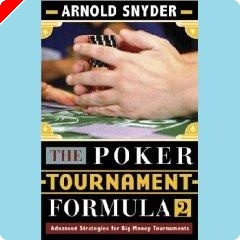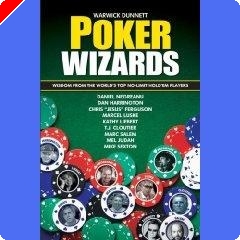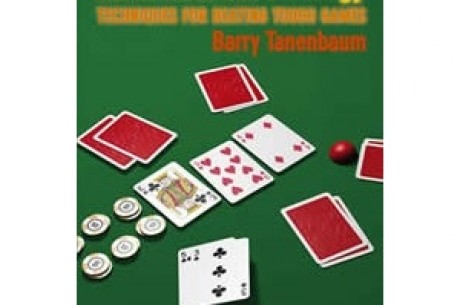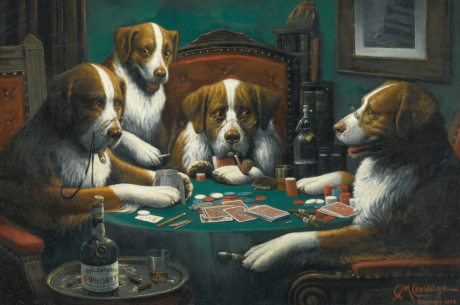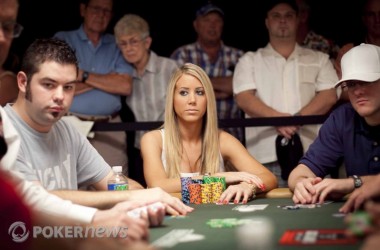Book Review: Joseph Walsh's 'Gambler on the Loose'
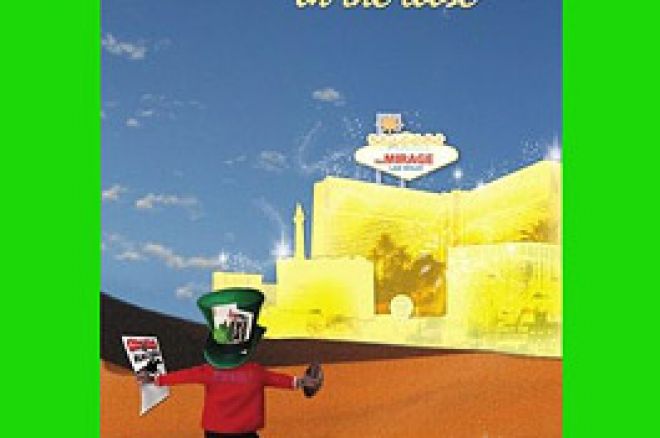
Joseph Walsh's Gambler on the Loose is a highly enjoyable, incisive look into the complicated world of the full-time gambler. Probably best known to the poker world as the scriptwriter and co-producer of the 1974 film California Split �� considered by many to be one of the best gambling-themed films of all time �� Walsh's new work presents an entertaining collection of short essays and anecdotes, roughly covering the period from the 1940s when the former child actor first got involved in betting sports on up through the 1970s and the making of California Split.
While the book generally sticks to the chronological path, Walsh frequently digresses to wax amusingly on various qualities possessed by the "true gambler," a character Walsh ultimately portrays with a deliberately ironic mixture of approval and derision. With his own example foremost in mind, Walsh points out time and again how gamblers are to be admired as "adventurers," yet also pitied as "willing victims."
Though certainly more light-hearted in its approach, Gambler on the Loose might be compared to other works exploring the psychology of gambling, though unlike those books which generally recommend ways to avoid common problems, Walsh's intimate understanding of the gambler's motives and inclinations prevents him from issuing forthright "solutions" to such difficulties. There's much advice here, to be sure, but no overriding answers or cure-alls for the gambler's blues. Fact is, Walsh recognizes that the gambler is a "sick puppy" who frankly does not want to be cured.
Amid the often hilarious tales from Walsh's own checkered gambling career, a few reoccurring themes emerge, the most prominent being the suggestion that for whatever reason �� be it nature, nurture, or some mixture of the two �� the "true gambler" is utterly different from the non-gambler, or, as Walsh sometimes refers to those who don't find it necessary to have placed a bet on a game before watching it, "normal people."
At times Walsh lauds the gambler as a kind of ultimate exemplar of the carpe diem philosophy. We gamblers, says Walsh �� instinctively including his audience in the gamblers' camp �� are "people who cross boundaries and know how to maximize our feelings." Gamblers are unafraid of experiencing life's up and downs, and in fact they seek them as "roller coaster mavens" who "crave mood swings." Of course, such praise is consistently tempered by a corresponding self-effacement as Walsh variously demonstrates how "stress is second nature to the true gambler."
Another, related theme concerns the "us-vs.-them" mentality of the gambler with regard to those "normal people," also referred to as "people who never experience true life." One of the funnier stories in the book illustrates this distinction in uproarious fashion, as Walsh chronicles the torture of having to watch a game on which he has a large bet with a roomful of people who do not. "Non-gamblers tend to look at gamblers like an amusing freak show," Walsh explains. "We tend to look at them like they barely exist." Other issues receiving special attention include gamblers' chronic pessimism, their various superstitions, and what has to be described as their "hate-hate" relationship with bookmakers.
Walsh also discusses poker �� which along with sports betting provides most of the book's gambling examples �� and along the way offers some particular observations on what he calls "celebrity poker," a phrase that refers both to celebrities playing the game and the effect poker's growing popularity has had on how society views gambling. Also included here are some interesting behind-the-scenes stories from the making of California Split that fans of the film should enjoy.
The book's title might also be used to describe the book's style, which doesn't necessarily adhere to expectations regarding narrative. Indeed, the often "loose" nature of the storytelling sometimes reflects quite closely that "fantastic sense of uncertainty" that Walsh says is characteristic of the gambler's way of life. Rather than being a hindrance, though, the writer's informal approach usually adds to the fun of a book that at times had this reader genuinely laughing out loud.
Perhaps Walsh's best advice to gamblers is provided indirectly by his own example �� namely, always to maintain at least some degree of ironic distance or sense of play when taking those risks the "true gambler" must take. As Walsh puts it, "you can take losing seriously, but not yourself, or you'll have no outs."

